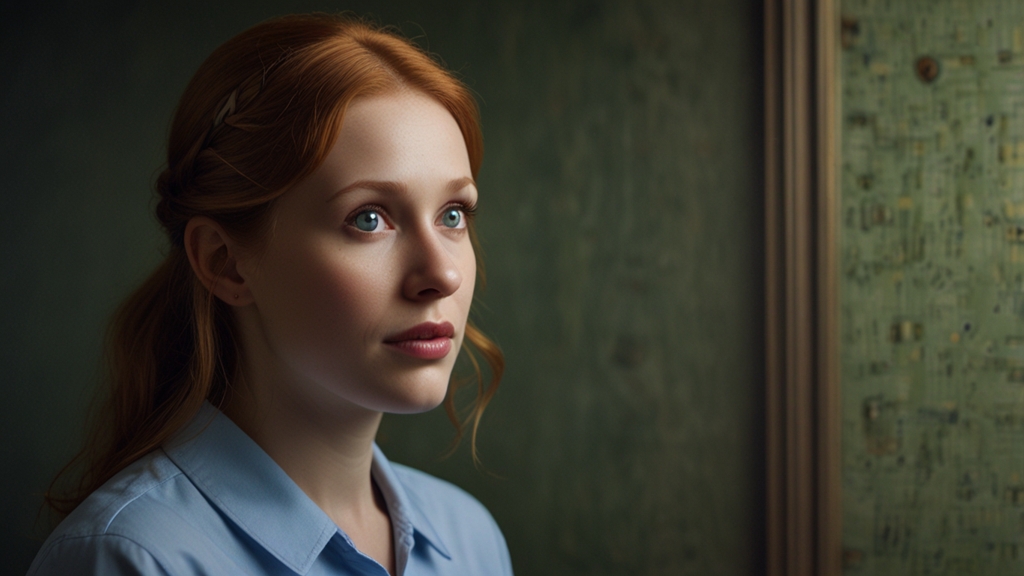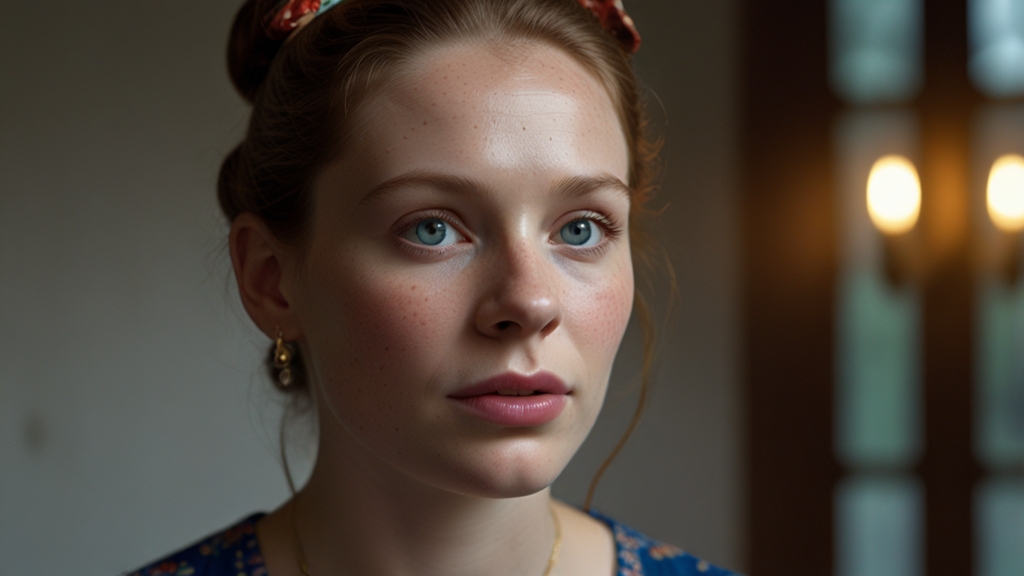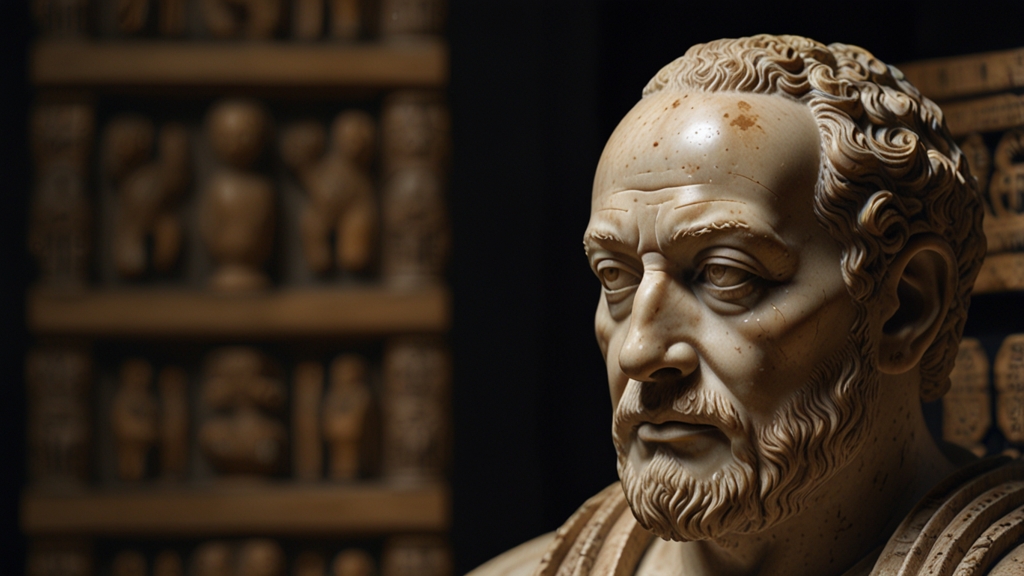Uncover the Hidden Meanings Behind These Clever Riddles
Riddles have long fascinated humans with their enigmatic allure and intellectual sparkle. They stimulate the brain, spark curiosity, and often hide profound truths under their playful surfaces. When we decode a riddle, we're not just engaging in a mental exercise; we're peeling away layers of meaning to reveal core insights about language, logic, and life itself. In this article, we delve into some clever riddles and uncover the hidden meanings behind them.
The Sphinx's Riddle
One of the most renowned riddles in history is the riddle of the Sphinx from Greek mythology. It goes:
"What walks on four legs in the morning, two in the afternoon, and three in the evening?"
The answer to this ancient riddle is "a human." Here's the breakdown:
- Morning: As a baby, a human crawls on all fours.
- Afternoon: As an adult, a human walks on two legs.
- Evening: In old age, a human may use a cane, thus 'walking' on three legs.
This riddle subtly summarizes the various stages of a human's life, reflecting on the inevitable passage of time and the cycle of life and aging.
The Paradox of the Liar
Leaping from ancient mythology to philosophical paradoxes, consider the famous Riddle of the Liar, which asks:
"This statement is false. Is it true or false?"
If the statement is true, then what it says must be the case, making it false. But if it's false, then it must be true. This self-referential paradox challenges our understanding of truth and meaning. It reveals the limitations of language and logic, prompting philosophers and logicians to explore concepts like self-reference and the nature of truth.
The Riddle of the Two Doors
A popular conundrum that tests deductive reasoning is the Riddle of the Two Doors:
"You stand before two doors. One leads to paradise, the other to death. Two guards, one at each door, know which is which. One always tells the truth, the other always lies. You can only ask one question to determine the door to paradise. What do you ask?"
The clever question to ask is, "What door would the other guard say leads to paradise?" Here's the reasoning:
- If you ask the truth-telling guard: They will tell you the door that the lying guard would indicate, which would be the door to death.
- If you ask the lying guard: They will lie about the door that the truth-telling guard would indicate, guiding you again to the door of death.
In both cases, the door indicated will be the one to avoid. Thus, you should head to the opposite door. This riddle teaches us about logic and deception and emphasizes the importance of critical thinking in problem-solving.
Conclusion
Riddles are not merely brain teasers or sources of entertainment; they hold layers of meaning and teach us valuable lessons. From the stages of human life articulated in the Sphinx's riddle to the paradoxical Challenge of the Liar, and the logical deduction in the Riddle of the Two Doors, each riddle encourages us to think deeply. By uncovering these hidden meanings, we not only solve puzzles but also gain insights into the complexities of reasoning, language, and existence itself.
So the next time you come across a riddle, pause for a moment and consider what hidden knowledge it might be offering. The answer could be more enlightening than you think.







